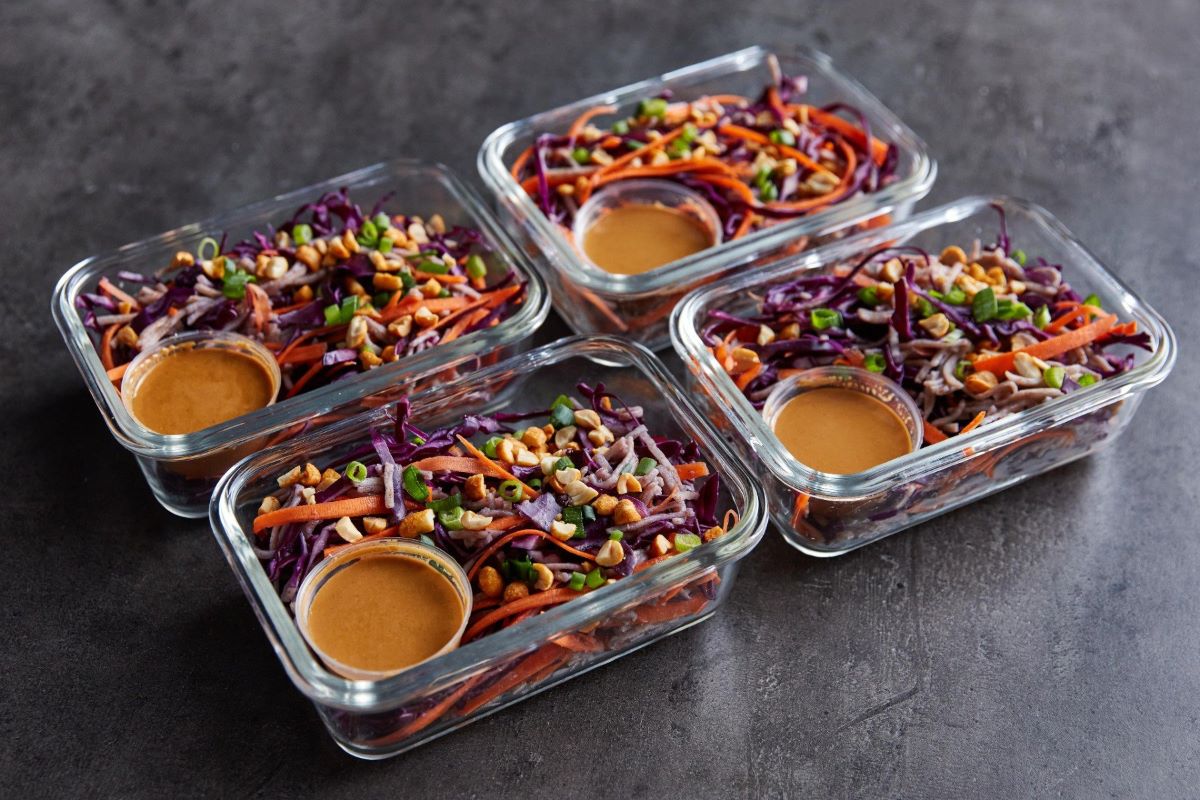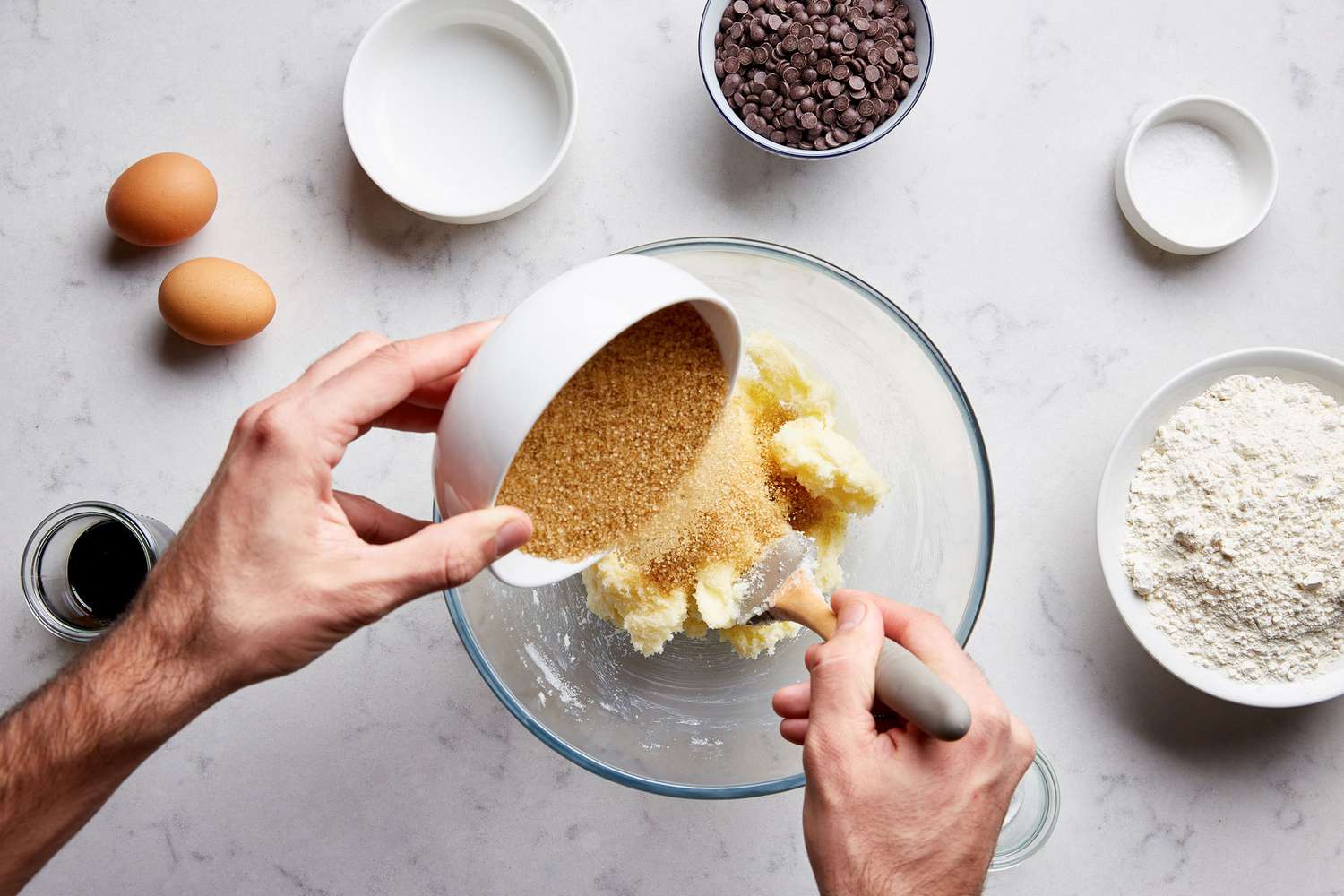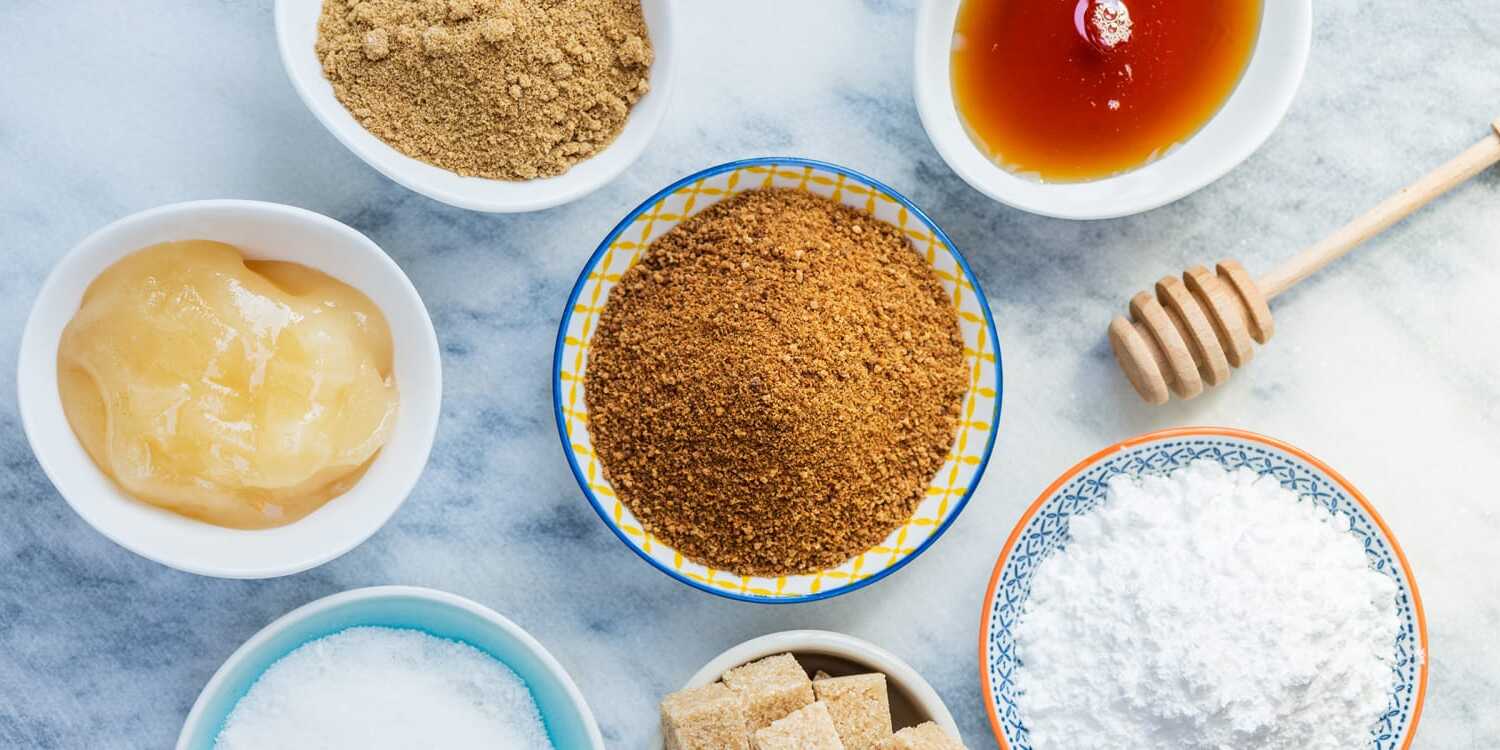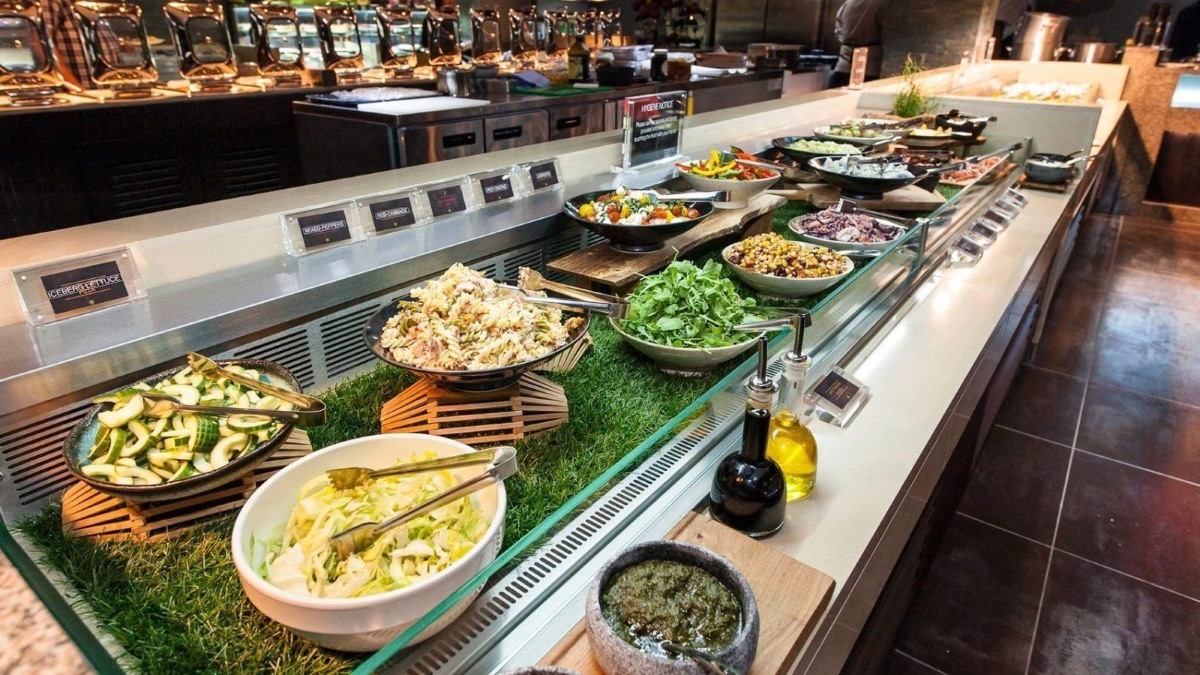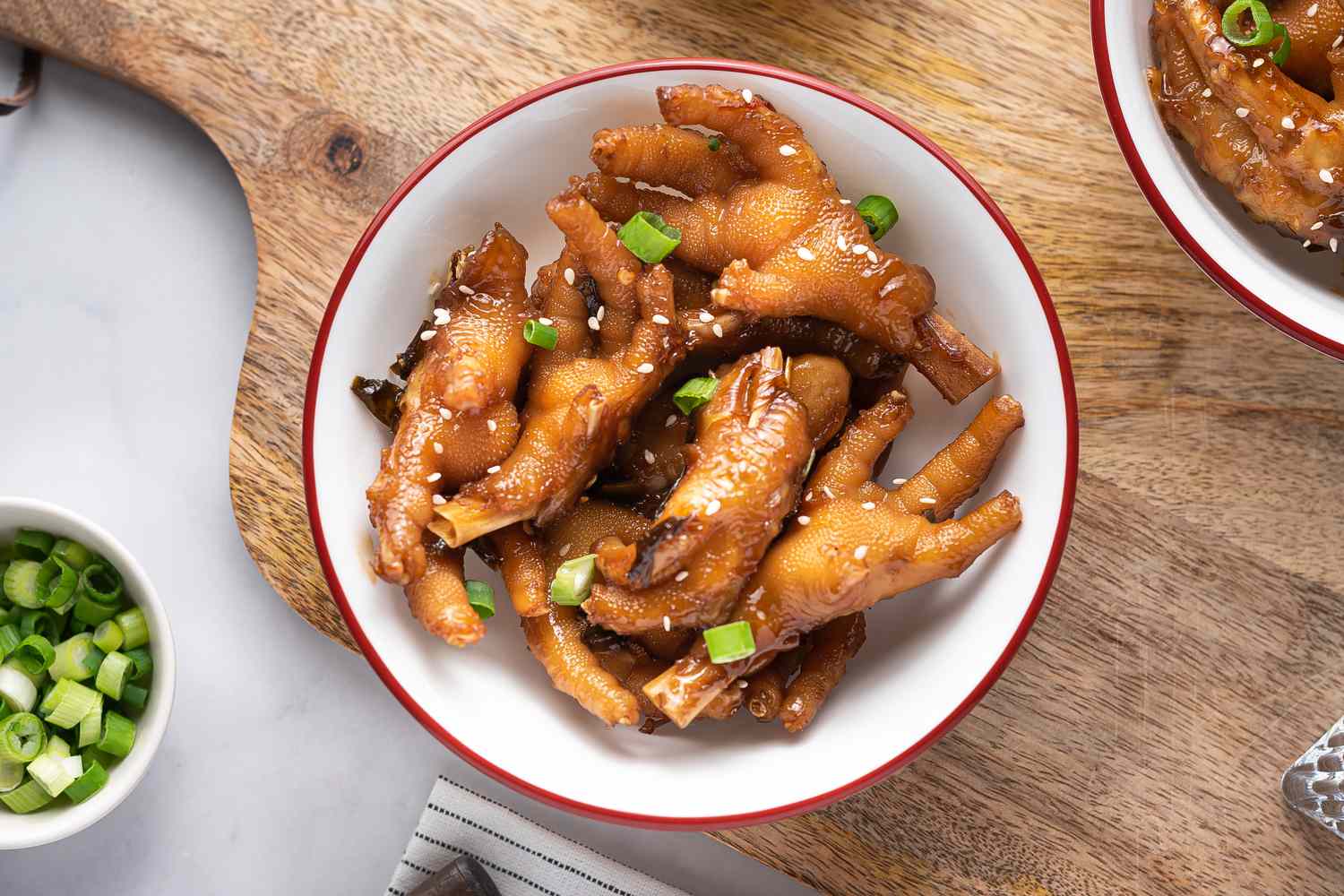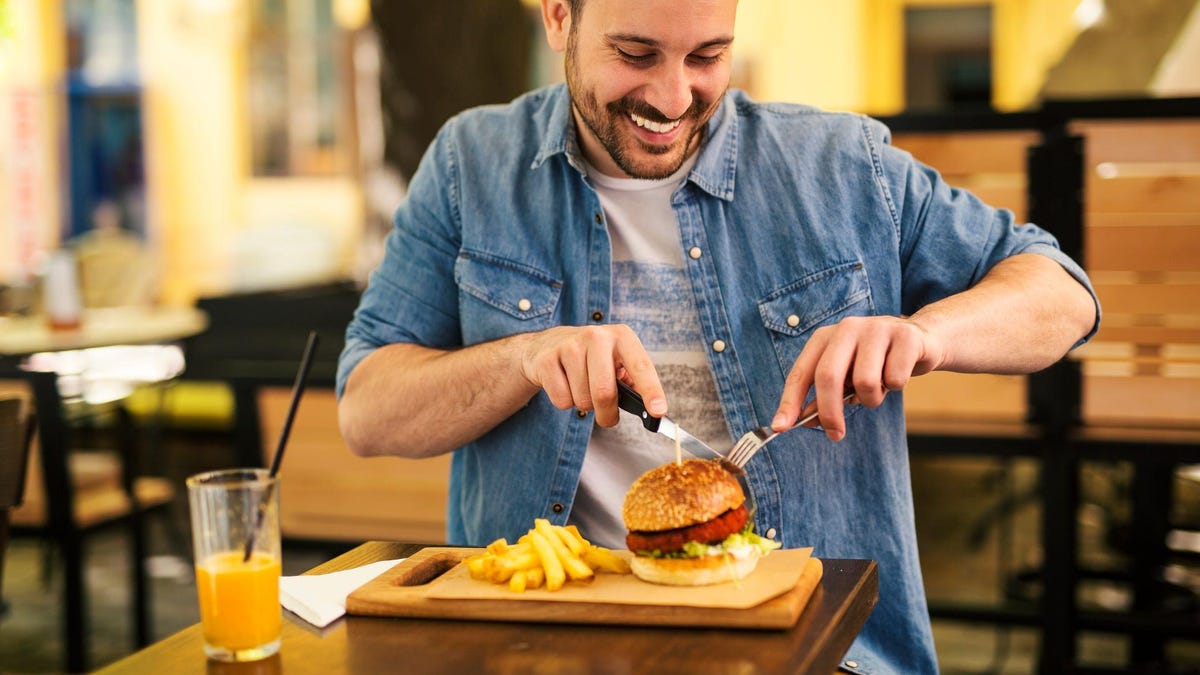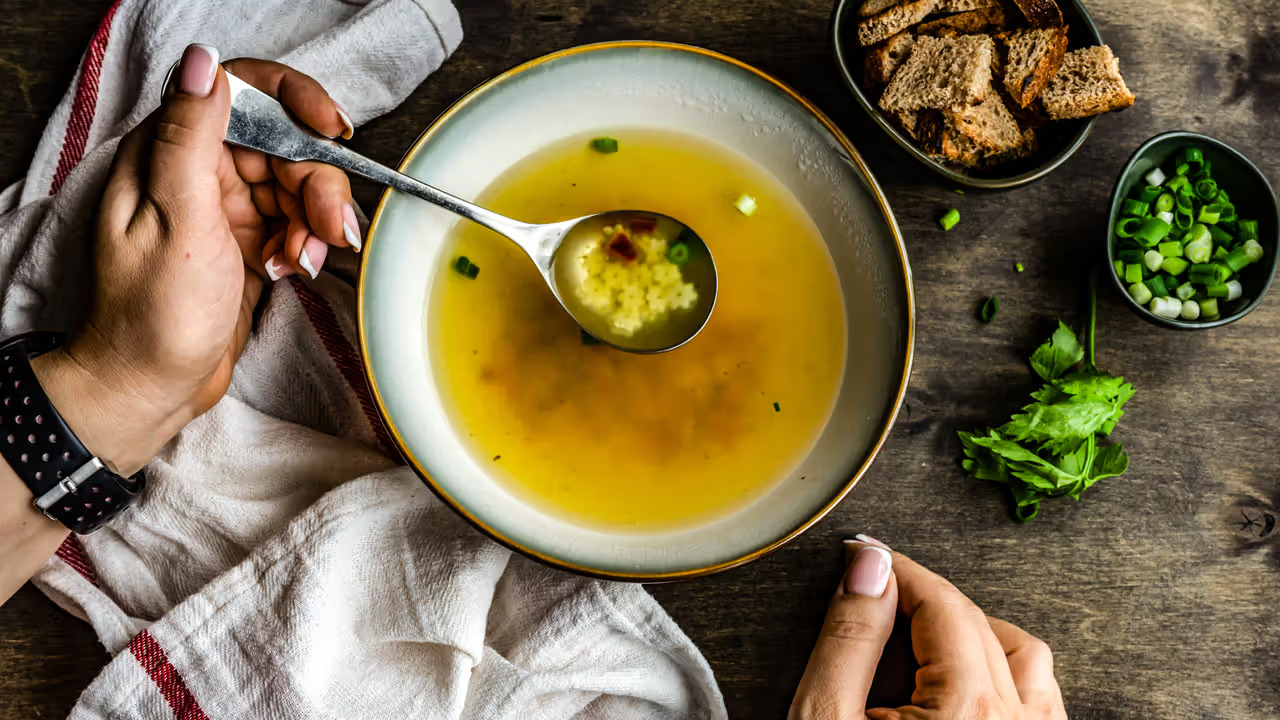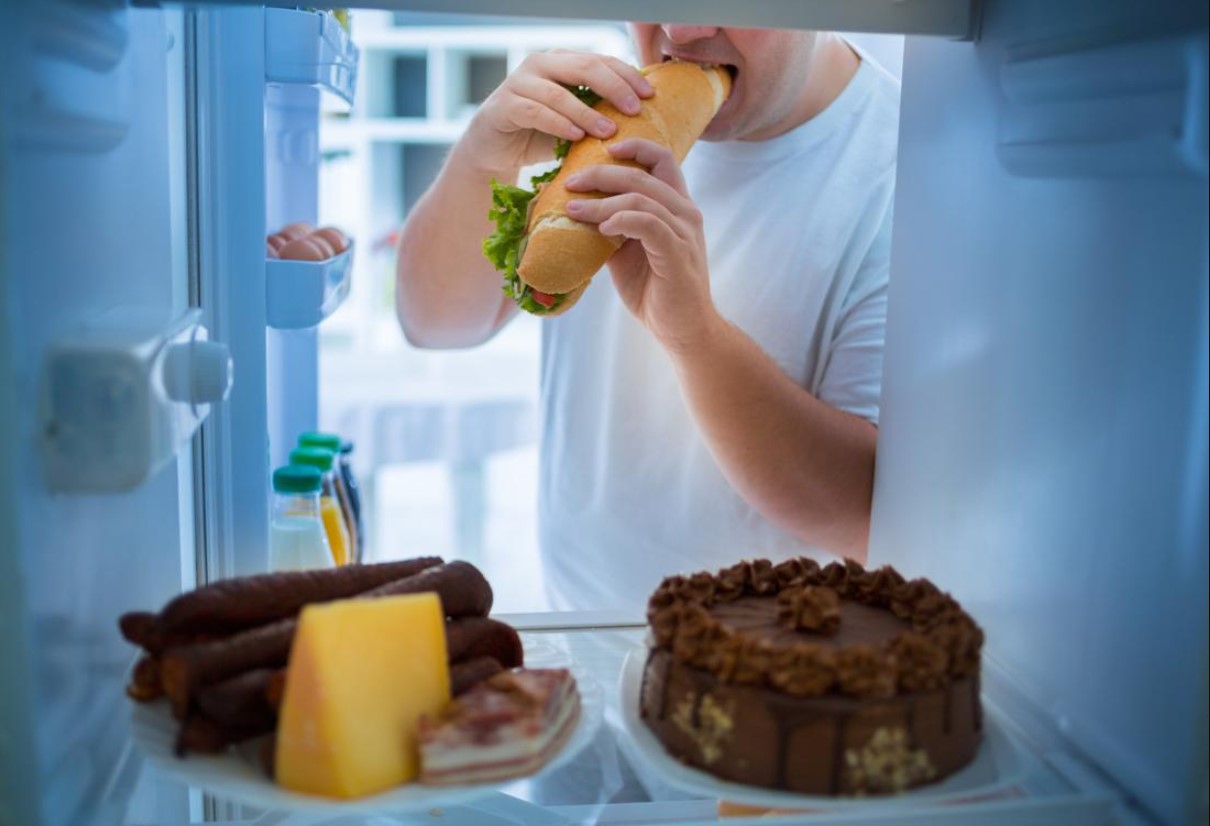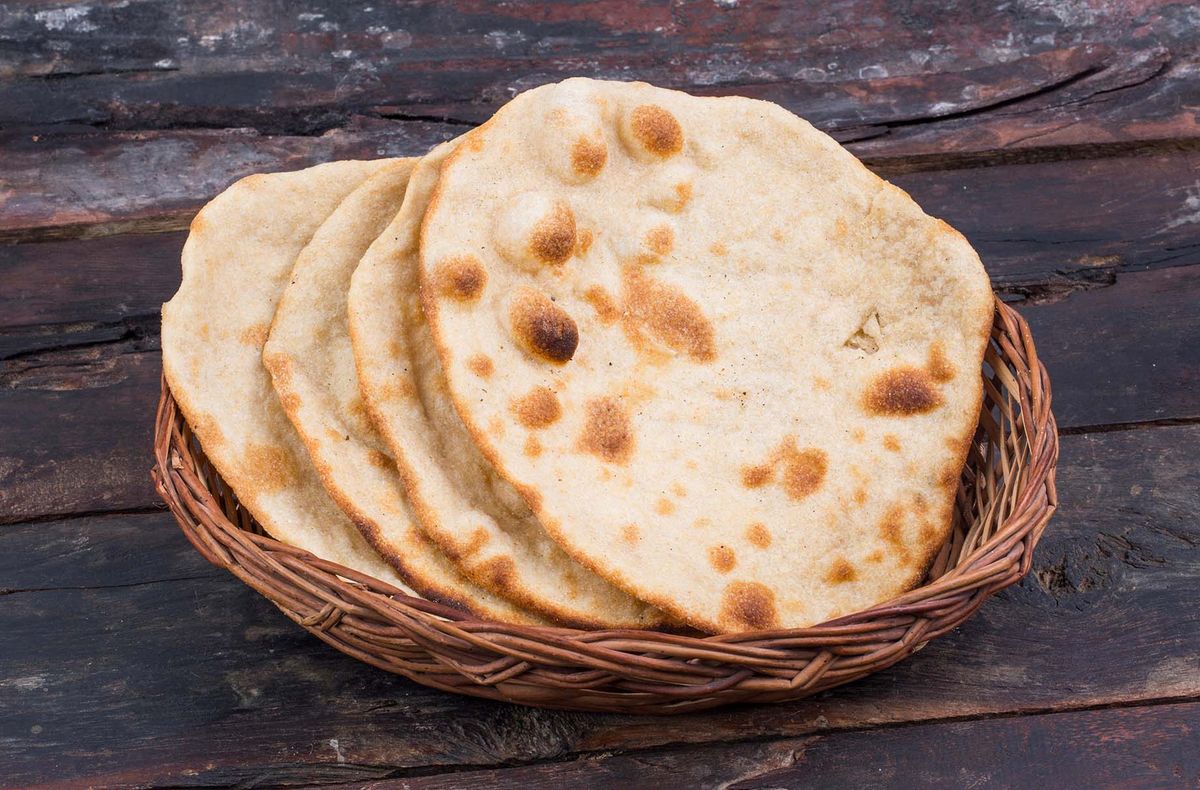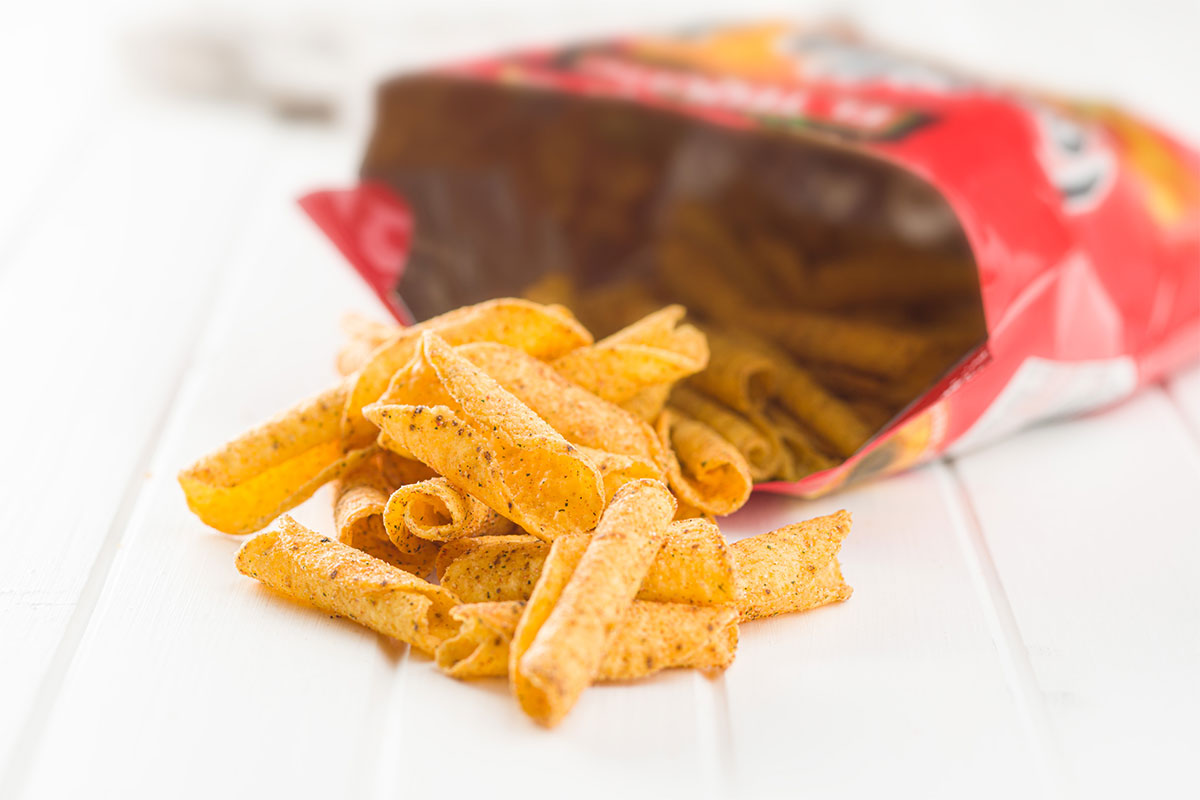How to Increase Your Food Intake for Bulking
When it comes to bulking up and gaining muscle mass, your diet plays a crucial role. Consuming more calories than you burn is essential for muscle growth, but for many people, increasing their food intake can be a challenge. If you’re struggling to eat more for bulking, here are some tips to help you increase your calorie consumption in a healthy and sustainable way.
1. Eat Calorie-Dense Foods
One of the most effective ways to eat more for bulking is to focus on calorie-dense foods. These are foods that pack a high number of calories into a small serving size, making it easier to increase your calorie intake without feeling overly full. Examples of calorie-dense foods include nuts, seeds, avocados, and dried fruits. Incorporating these into your meals and snacks can help boost your calorie consumption without requiring you to eat large volumes of food.
2. Prioritize Protein-Rich Foods
Protein is essential for muscle growth, so it’s important to prioritize protein-rich foods in your diet when bulking. Not only does protein support muscle repair and growth, but it also has a satiating effect, helping you feel full and satisfied after meals. Include sources of lean protein such as chicken, turkey, fish, eggs, and dairy products in your diet to support your bulking goals.
3. Incorporate Healthy Fats
Healthy fats are a concentrated source of calories and can be a valuable addition to your bulking diet. Foods like olive oil, coconut oil, and fatty fish provide a good dose of healthy fats that can help increase your calorie intake. Additionally, adding a serving of nut butter or avocado to your meals and snacks can contribute to your overall calorie consumption while providing essential nutrients for your body.
4. Snack Strategically
Snacking can be an effective way to increase your overall calorie intake. Choose nutrient-dense snacks that are high in protein, healthy fats, and complex carbohydrates. Greek yogurt with granola, a handful of mixed nuts, or a protein smoothie with added nut butter are all great options for boosting your calorie consumption between meals.
5. Opt for Liquid Calories
Drinking your calories can be an easy way to increase your food intake for bulking. Smoothies, protein shakes, and homemade weight gain shakes can provide a convenient and efficient way to consume extra calories, especially for those who struggle to eat large meals. Adding ingredients like oats, bananas, protein powder, and nut milk to your shakes can significantly increase their calorie content.
6. Increase Meal Frequency
Instead of trying to force down large, uncomfortable meals, consider increasing the frequency of your meals and snacks throughout the day. Eating smaller, more frequent meals can make it easier to consume more calories without feeling overly full. Aim to eat every 2-3 hours to keep your calorie intake consistent throughout the day.
7. Plan and Prepare Your Meals
Planning and preparing your meals in advance can help ensure that you have access to calorie-dense foods when you need them. Set aside time for meal prep each week and focus on creating balanced, calorie-rich meals that align with your bulking goals. Having pre-portioned meals and snacks readily available can make it easier to stay on track with your increased food intake.
Conclusion
Increasing your food intake for bulking doesn’t have to be a daunting task. By focusing on calorie-dense foods, prioritizing protein and healthy fats, and strategically planning your meals and snacks, you can effectively boost your calorie consumption to support your muscle-building goals. Remember to listen to your body’s hunger and fullness cues, and make adjustments to your diet as needed to ensure that you’re fueling your body for optimal growth and performance.

